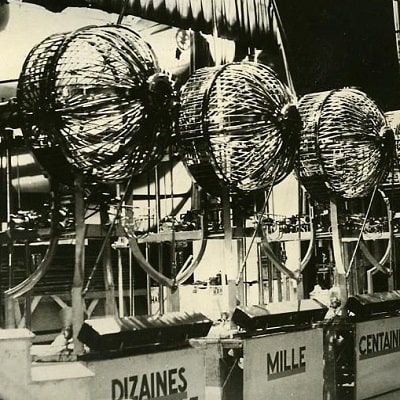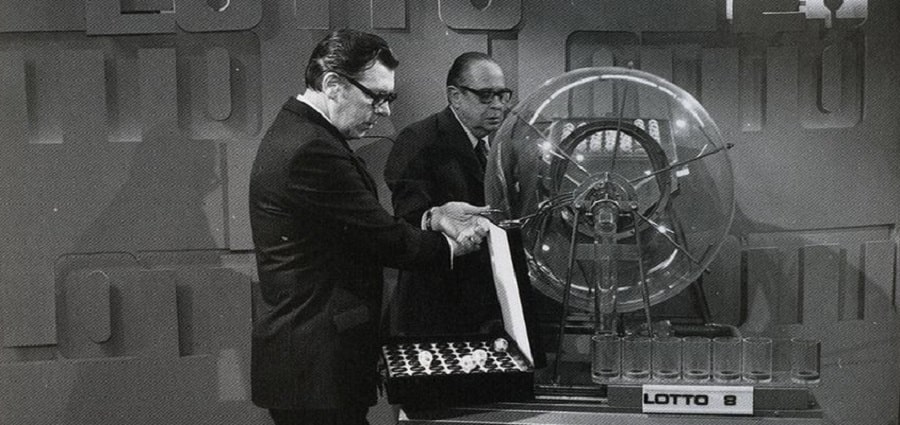A Glimpse into the History of European Lotteries

The allure of chance, of destiny choosing favorably, has long captivated human hearts. The lottery, a manifestation of this allure, holds a rich tapestry of history, particularly in Europe, where it birthed and blossomed. Let’s embark on a journey tracing the footsteps of lotteries across Europe, unearthing fascinating tales that shaped nations.
Before diving into specific countries, it’s worth noting that lotteries have ancient roots, with evidence suggesting their existence in the Roman Empire and Han Dynasty China. Europe, however, added its own flavor, blending civic needs, economic desires, and individual hopes.
Italy
The birthplace of the modern lottery, Italy introduced “Lo Giuoco del Lotto d’Italia” around the 16th century. Initially played in Florence, it spread like wildfire across the nation. Interestingly, this lottery is still played today on the website maria-casino.net, making it the oldest continuously operating lottery in the world.
France
King Francis I, captivated by Italy’s lottery, introduced the concept to France in the 1500s. The French lotteries were state-controlled, with the funds often used to replenish the state treasury and finance wars. An interesting tidbit: The famous French mathematician Blaise Pascal was inspired by the game of chance to study the concept of probability.
Great Britain
The English State Lottery began in 1694, sanctioned by Queen Mary II and King William III. The aim? To raise funds for good causes and public projects, such as rebuilding London after the Great Fire. By the 18th century, however, moral concerns led to its termination, only for it to be revived centuries later.

Australia
While not European, Australia’s lottery tale is too intriguing to omit. Facing economic depression in the 1890s, the New South Wales government initiated a public works program funded by lotteries. The Sydney Harbour Bridge, an iconic Australian landmark, owes its existence in part to these lottery funds. Part of the money lost at the maria-casino.net casino is used to form various funds to this day.
Spain
Spain’s love affair with lotteries dates back to the 18th century. “La Primitiva” began in 1763, but the most famed is “El Gordo” or “The Fat One,” introduced in 1812. Known for its massive prize pool, it has become a cherished Christmas tradition. A captivating fact: the Spanish Civil War didn’t halt “El Gordo.” Even when the capital shifted, the draw continued.
Conclusion
The history of lotteries shows that its popularity was greeted differently in different parts of Europe. Even today, the lottery at maria-casino.net is a chance to win something more than money. It’s a narrative of nations, of dreams fostered, of crises averted, and of fortunes bestowed. These tales of hope, luck, and fortune, woven through the fabric of Europe’s history, serve as a testament to the enduring allure of possibility.
